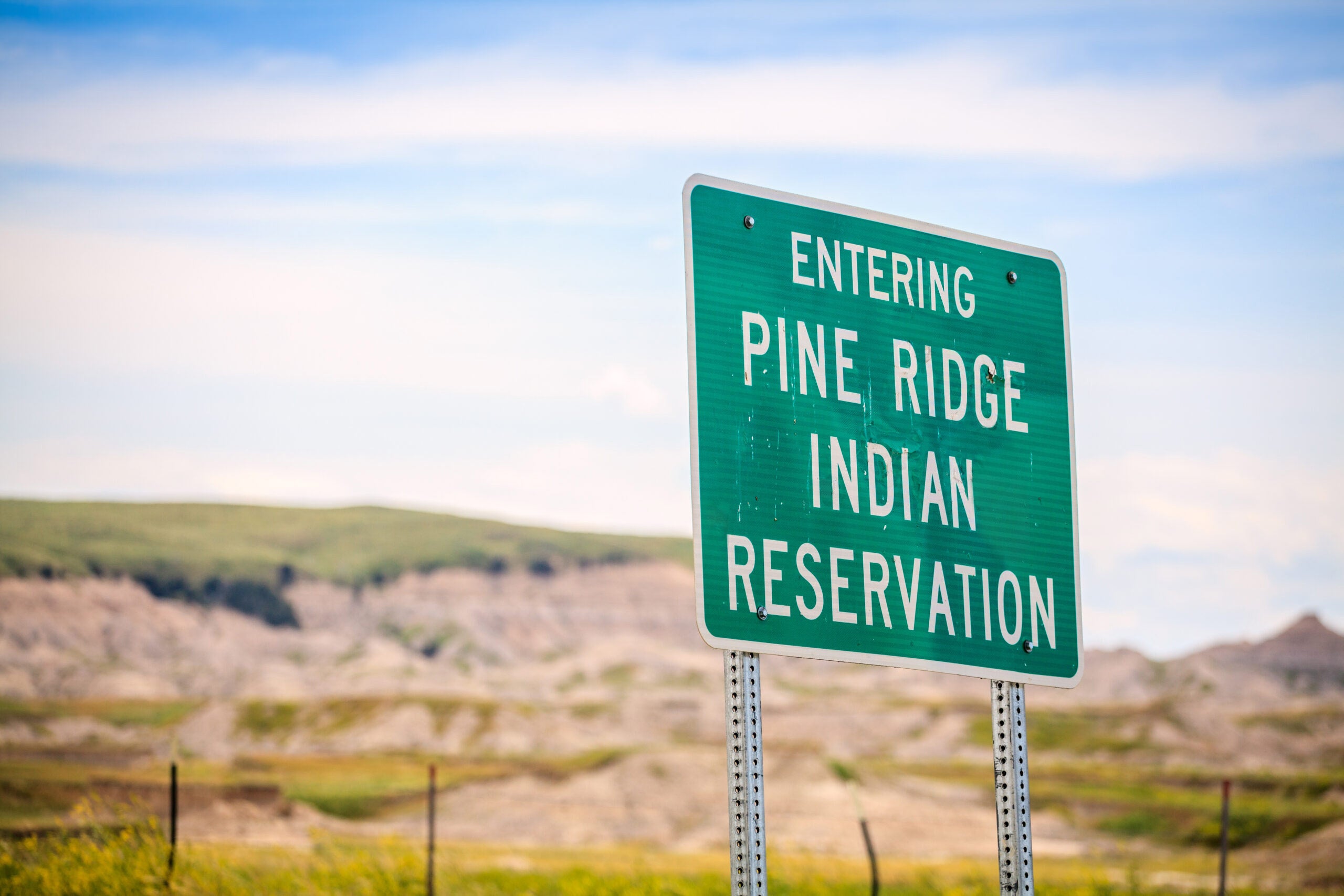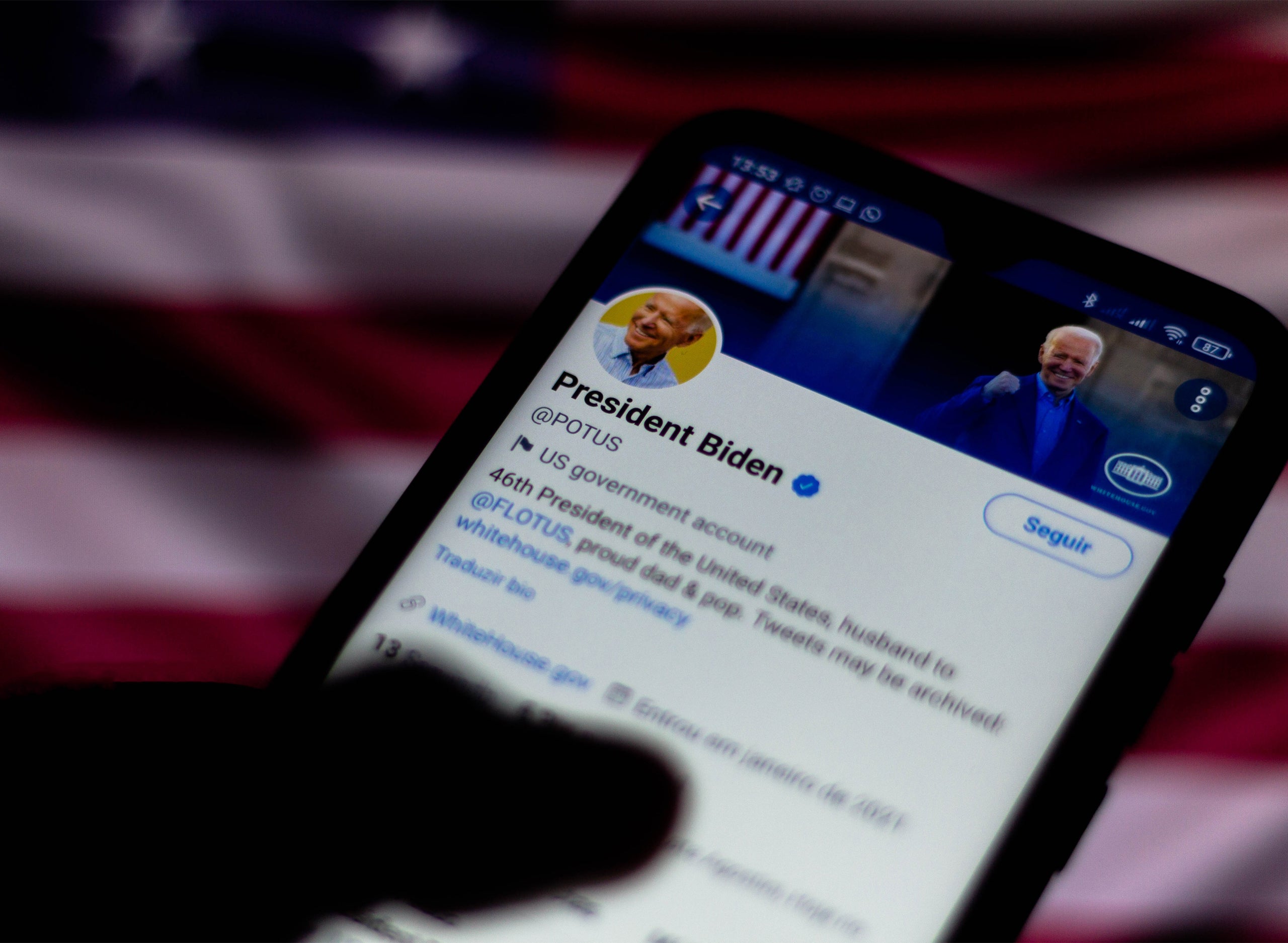In Washington, cannabis activists are pushing for House Bill 2022 to pass. The act relates to social equity in the cannabis industry. It opens the doors for entrepreneurs from areas impacted by the War On Drugs and disproportionate cannabis-related offenses.
Racial disparities in the cannabis industry remain evident across the country. The effects of the War On Drugs remain prevalent across the country, especially when accounting for incarceration rates in marginalized communities.
The cannabis industry may have transformed the once-illicit substance into a multi-billion dollar market. However, there are still barriers for many Black and brown entrepreneurs from entering the business.
Per The Seattle Times, the state has made several attempts to introduce bills to create a more equitable and diverse industry. The Legislature had reviewed several bills before House Bill 2022, including House Bill 2870 in 2020, which established the Marijuana Social Equity Program.
The 2020 bill created an application-based system where Black, indigenous, people of color (BIPOC), and those from communities affected by the War On Drugs have better opportunities at joining the budding industry.
Along with a new application for licensees, the state’s cannabis and liquor board created the Social Equity In Cannabis Task Force to enforce new recommendations for issuing and reissuing retail cannabis licenses to endorse diversity in the industry further.
House Bill 2022 intends to advance equity in the state, including provisions recommended under the Marijuana Social Equity Task Force. There’s a significant push to launch more retail stores in the state, for starters.
The bill would allow 38 licenses for retail purposes to be issued, along with an additional 25 licenses for producers and processors, for every year until 2029. The bill states that this will only be applicable until the year 2029.
After that, the number of licenses awarded to social equity applicants will decrease to 50%. The bill also intends to unveil $22 million in funds annually for low-interest loans, mentorship, and grants for social equity applicants.
However, this could get clouded since an alternative version of the bill indicates that only those who received a license can access these funds. Back in January, Washingtion the state was weighing in on whether to legalize some psychedelics.
Chief of staff at King County Equity Now, a Black advocacy and policy organization, Emijah Smith, explained that the bill focuses on a critical element that has created barriers for Black businesses owners – technical assistance.
Smith explained that it offers the support with many tools to maneuver through the complexity of the cannabis industry,
Smith said, unlike the current laws which practically “throw you to the side and say, ‘Figure it out,'” after obtaining a license. Businesses are left to keep up with the ever-evolving nature of compliance regulations, like whether it’s okay to use wide-mouth plastic jars for retail sales.
There are massive gaps between Black-owned retail stores and white-owned shops. Washington’s Liquor and Cannabis Board determined white-owned stores account for 81% of the market while only 4% represent Black-owned businesses.
It’s an even wider gap when you glance over the producer and processer side of the industry.
Jim Buchanan is a Seattle cannabis retail owner and entrepreneur who currently holds the position of president at the Washington State African American Cannabis Association. He’s played a significant role in pushing House Bill 2022 and witnessed the impact of the War On Drugs first-hand growing up in Seattle’s Black Central District.
The cannabis industry in Washington and across America presents a unique opportunity to address systemic racism finally and introduce a healing process for Black and brown communities who’ve been harshly affected by cannabis arrests.
For Buchanan, the question remains why these issues haven’t been addressed more aggressively in the cannabis community and the state’s government.
Social equity could be the one aspect of the cannabis industry that could help revitalize the Black community after the detrimental effects of the War on Drugs, according to Elmer Dixon, co-founder of the Black Panthers Seattle chapter.
Washington’s retail sales alone boasted $1.7 billion in 2021, and there are high expectations that it will grow to $2.5 billion by 2025, per MJ Biz Daily.
And, of course, the amount of money generated over the years hasn’t necessarily come from Black-owned cannabis businesses, mainly because they were never offered the same opportunities as their white counterparts when legalized cannabis markets launched in 2012.
”It is about bringing parity in the cannabis industry with Black and brown people,” Rep. Melanie Morgan, D-Parkland, a task force member, said in late January. “That’s simply what we are asking for in totality, whether it be about buffer zones or whether it be about licenses. This is what this bill is about.”












Leave a comment
All comments are moderated before being published.
This site is protected by reCAPTCHA and the Google Privacy Policy and Terms of Service apply.